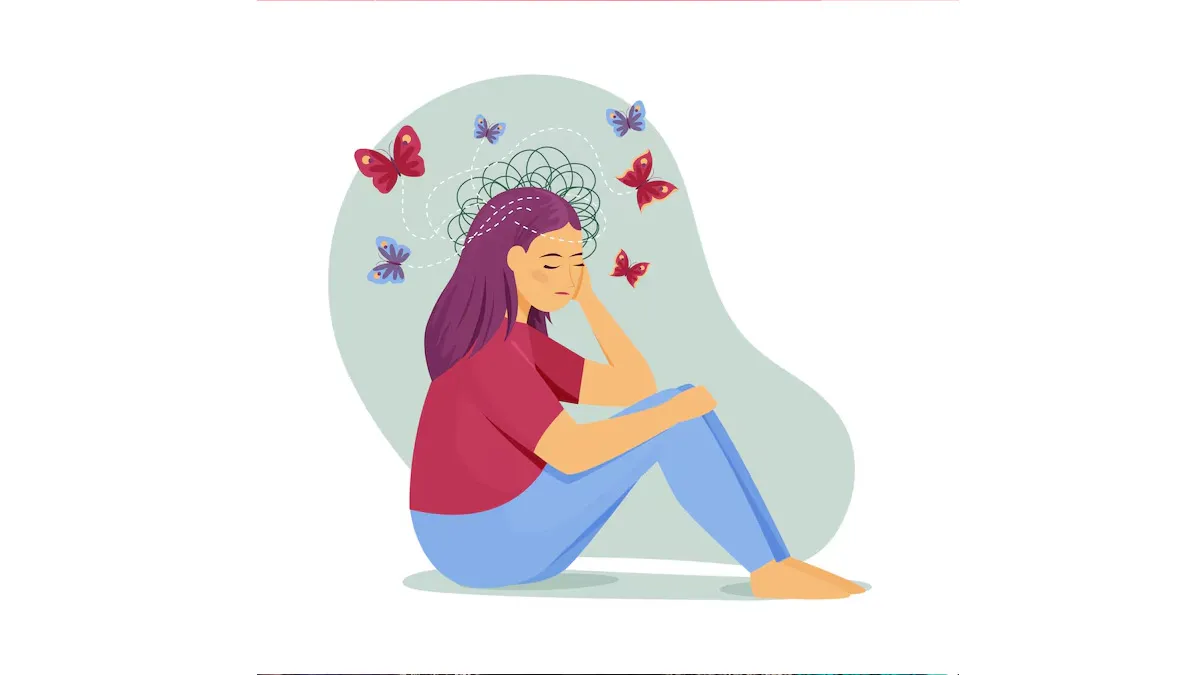
Mental health struggles for women can take many forms, whether rooted in personal, financial, familial, relational, or professional challenges. Smita Khanna Kithania, Chief Operating Officer at Newton Consulting India Pvt. Ltd. shared about the importance of mental health and how women can seek help.
Smita Khanna Kithania said, “My experience showed me how crucial it is for women to prioritise their mental well-being and seek support without hesitation.”
Smita Khanna highlights that one of the primary reasons for women's increased vulnerability to mental health issues is the intersection of gender roles and societal pressures. Women are often expected to juggle multiple roles, such as being a caregiver, homemaker, and professional, which can lead to overwhelming stress and burnout. Additionally, gender-based discrimination, harassment, and violence can have a profound impact on women's mental health.

Furthermore, hormonal fluctuations can also play a significant role in women's mental health. Conditions like postpartum depression, premenstrual dysphoric disorder (PMDD), and perimenopause can all contribute to mood swings, anxiety, and depression.
It is essential to recognise the importance of seeking support for mental health issues. While most people seek support from their family and friends, it is also important to know that various resources are available to help women cope with challenges and improve their well-being and there is no shame in seeking help. Here are a few resources one can look for:
Smita Khanna suggests seeking therapy for mental well-being. She shared that talking to a therapist can provide a safe space to explore feelings, develop coping strategies, and address underlying issues.

Don't Miss: Study Indicates Depression Might Lead To Higher Body Temperature: Neuropsychiatrist Says If It's True
Ms Khanna advises connecting with support groups. She adds that connecting with others who have similar experiences can offer a sense of belonging and understanding.
Ms Khanna emphasised that, in some cases, medication may help manage symptoms of mental health conditions.
Ms Khanna recommends looking for online resources. She said that websites and apps can provide information, support, and tools for mental health.
Don't Miss: How To Deal With Silent Firing? Clinical Psychologist Shares 6 Tips
Remember, seeking help is a sign of strength, not weakness. It's okay to prioritise your mental health and take steps to improve your well-being. By addressing mental health concerns, women can lead more fulfilling and resilient lives.
Image Courtesy: Freepik
Also watch this video
Herzindagi video
Our aim is to provide accurate, safe and expert verified information through our articles and social media handles. The remedies, advice and tips mentioned here are for general information only. Please consult your expert before trying any kind of health, beauty, life hacks or astrology related tips. For any feedback or complaint, contact us at [email protected].